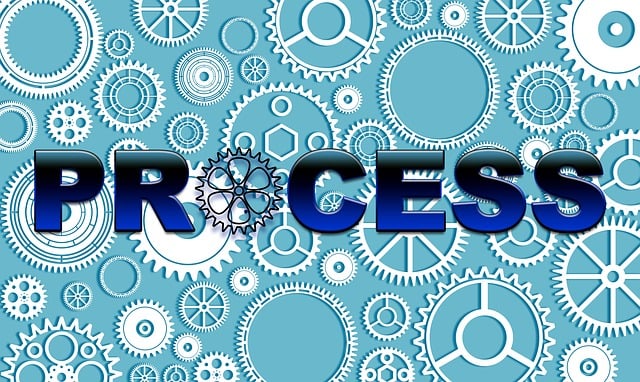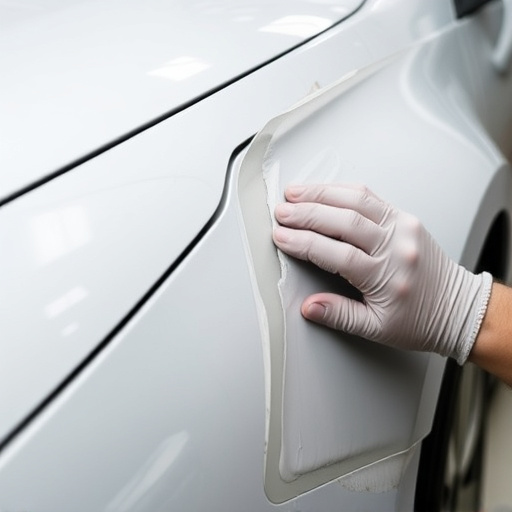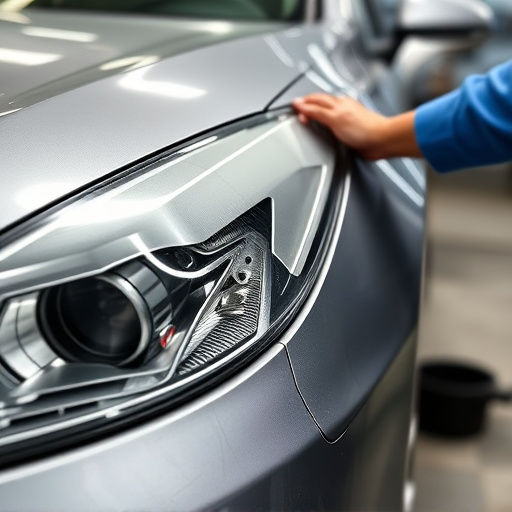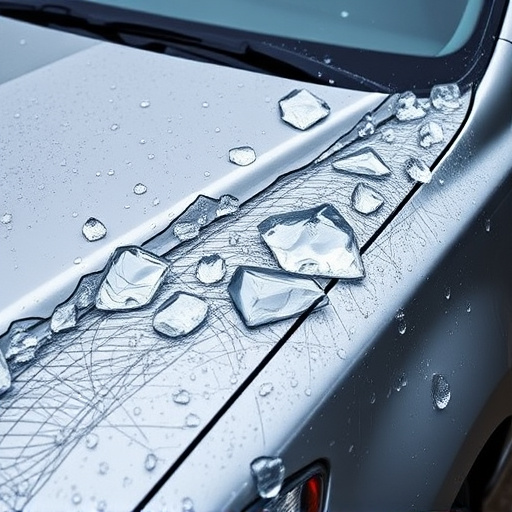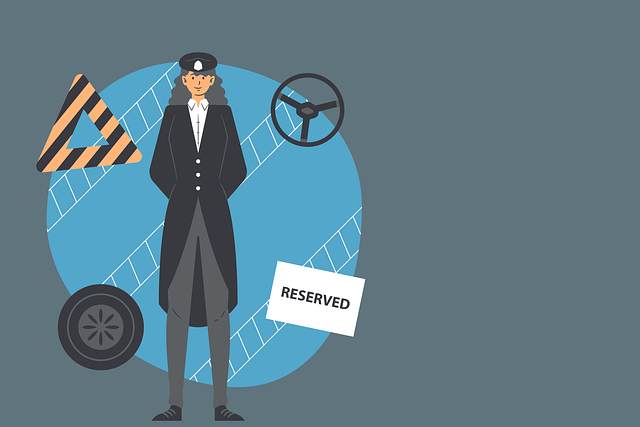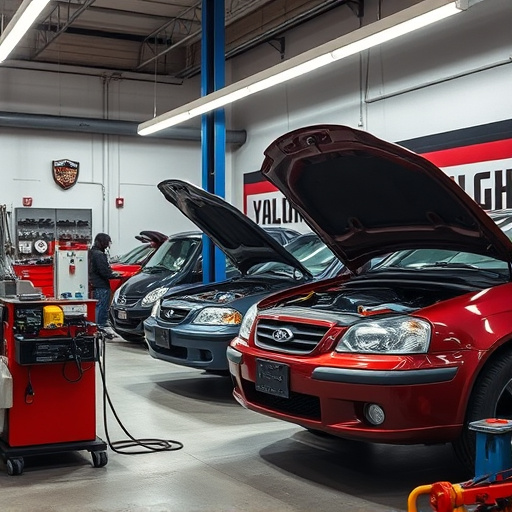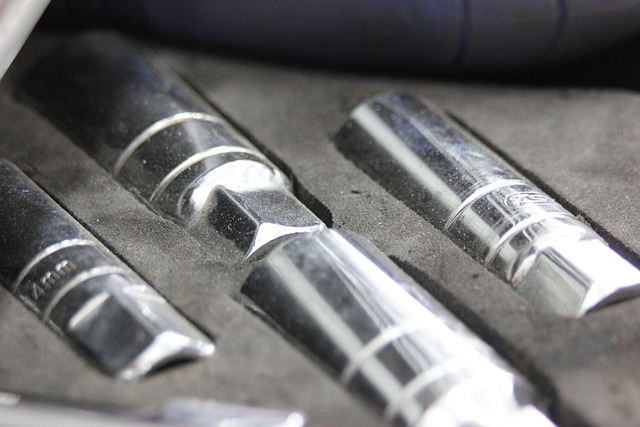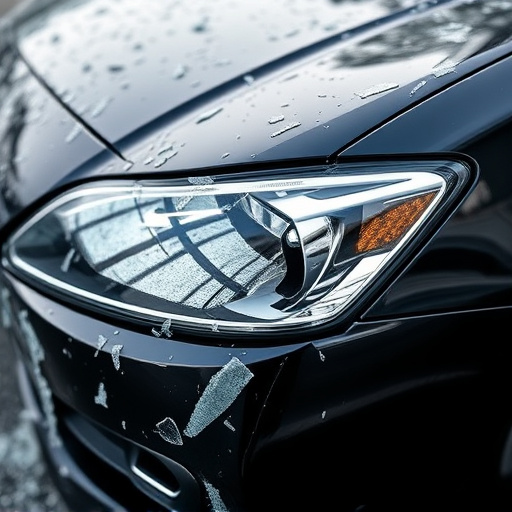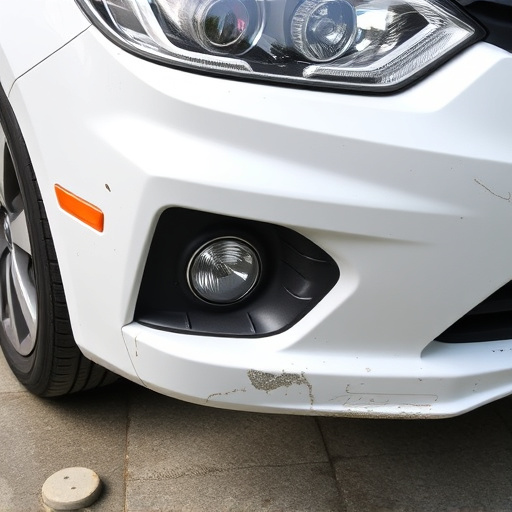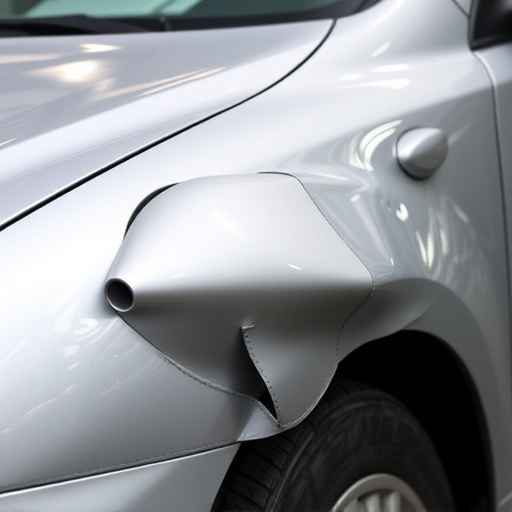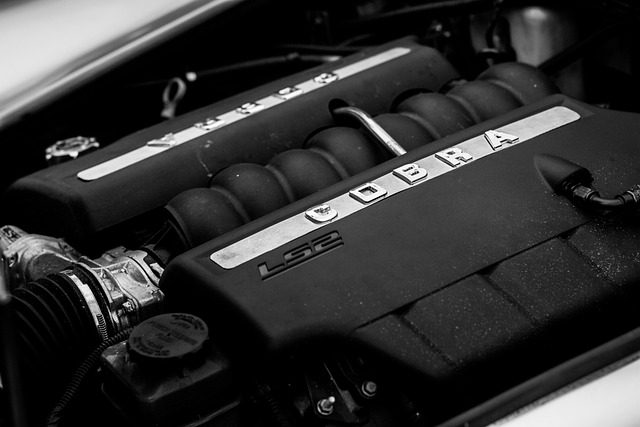Collision repair audits comprehensively assess automotive body shops by examining estimating, scheduling, processes, and customer satisfaction, comparing performance to industry standards to identify areas for improvement, best practices, and trends, ultimately enhancing quality control, resource allocation, and customer retention through data-driven insights.
Collision repair audits are transforming shop performance. By meticulously evaluating processes and outcomes, these audits uncover hidden inefficiencies, driving data-driven improvements in quality control. From identifying substandard work to streamlining workflows, the insights gained translate directly into better shop performance metrics. Ultimately, enhanced reputation follows as shops demonstrate their commitment to excellence through consistent, high-quality collision repair services.
- Uncovering Inefficiencies: The Audit Process
- Data-Driven Insights for Quality Control
- Enhancing Reputation: Shop Performance Metrics
Uncovering Inefficiencies: The Audit Process
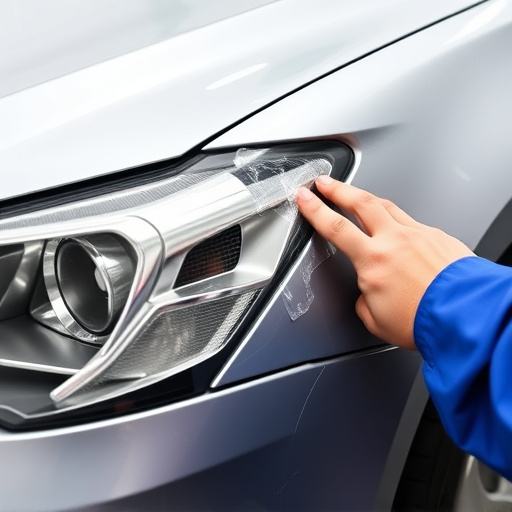
Collision repair audits are a powerful tool for uncovering inefficiencies within automotive body shops. The process involves a thorough examination of every aspect of a shop’s operations, from estimating and scheduling to actual repair work and customer satisfaction. By comparing the shop’s performance against industry standards and best practices, significant areas of improvement can be identified. These audits often reveal bottlenecks that slow down progress, such as outdated equipment, ineffectual processes, or training gaps among staff.
For instance, a collision repair audit might uncover that a shop is taking longer than average to complete fender bender repairs, indicating potential issues with workforce productivity or the availability of parts for automotive restoration projects. Such insights empower shop managers to make data-driven decisions, ensuring resources are allocated efficiently to deliver high-quality automotive body work while maintaining competitive pricing and timely turnaround times.
Data-Driven Insights for Quality Control

Collision repair audits are transforming quality control measures within auto collision centers and collision repair shops. By meticulously examining each repair process, these audits generate data-driven insights that pinpoint areas for improvement. This allows professionals in the auto glass repair sector to make informed decisions, enhancing overall shop performance metrics.
Through structured evaluations, collision repair audits uncover best practices and potential bottlenecks. The data collected reveals trends, ensuring consistent quality standards across all repairs. Moreover, these audits can highlight opportunities to streamline operations, optimize resource allocation, and even reduce costs. Such insights foster a culture of continuous improvement within the collision repair shop, ultimately elevating customer satisfaction and retention.
Enhancing Reputation: Shop Performance Metrics
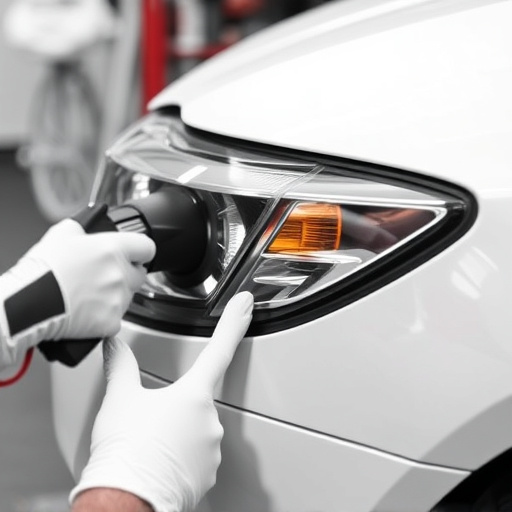
Collision repair audits play a pivotal role in enhancing a shop’s reputation and boosting performance metrics. By meticulously evaluating every aspect of the collision repair process, from estimate accuracy to final finish quality, these audits identify areas for improvement that might otherwise go unnoticed. This level of scrutiny not only ensures consistently high-quality workmanship but also fosters trust among customers.
A well-conducted collision repair audit serves as a powerful marketing tool, showcasing the shop’s commitment to excellence and attention to detail. Satisfied customers, in turn, become brand advocates, recommending the shop to others. This positive reputation extends beyond local communities, impacting online reviews and search rankings, ultimately driving more business through effective word-of-mouth recommendations and strategic digital marketing.
Collision repair audits are a powerful tool for shops to Uncover inefficiencies, enhance quality control, and ultimately improve their performance metrics. By analyzing every aspect of the repair process, from estimating to final inspection, shops can identify areas for improvement and make data-driven decisions. This not only boosts shop efficiency but also strengthens their reputation by delivering high-quality, consistent results. Embracing collision repair audits is a strategic move that sets forward-thinking shops apart in a competitive industry.

